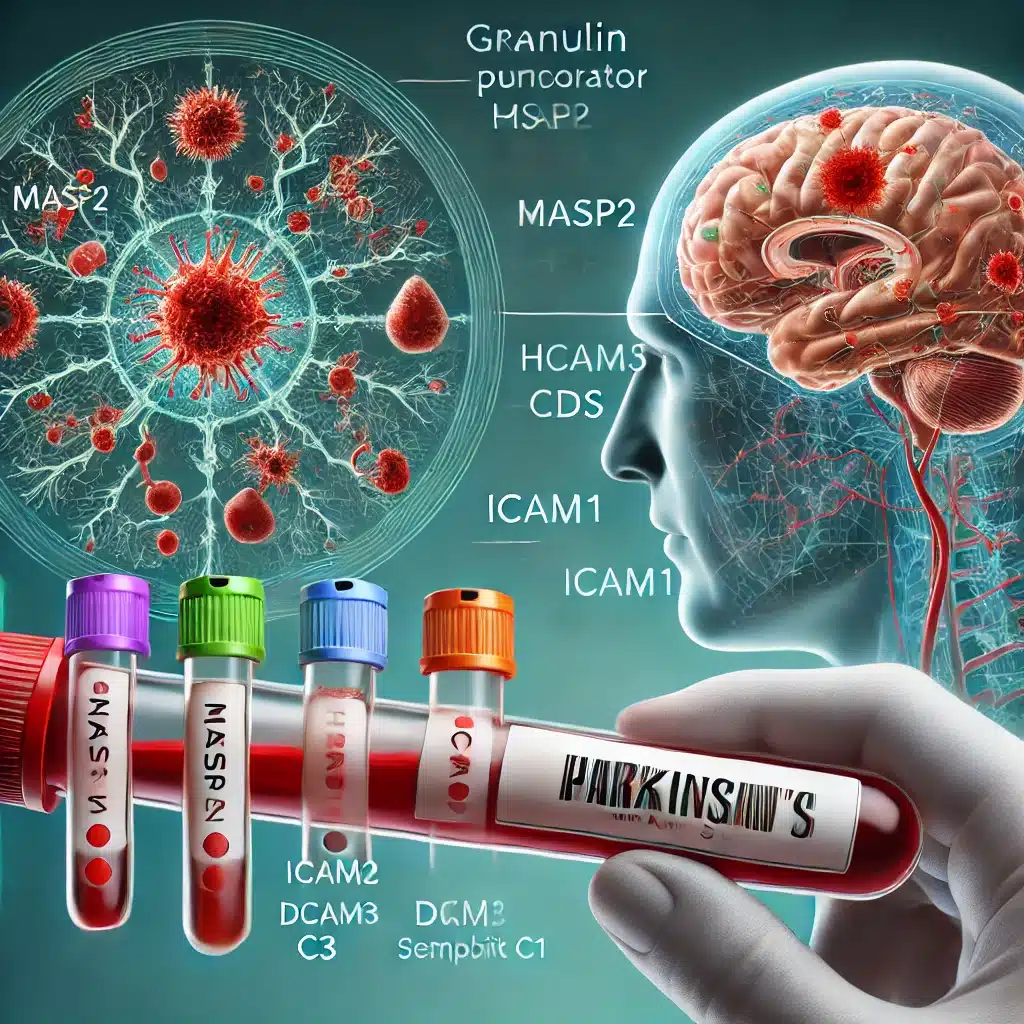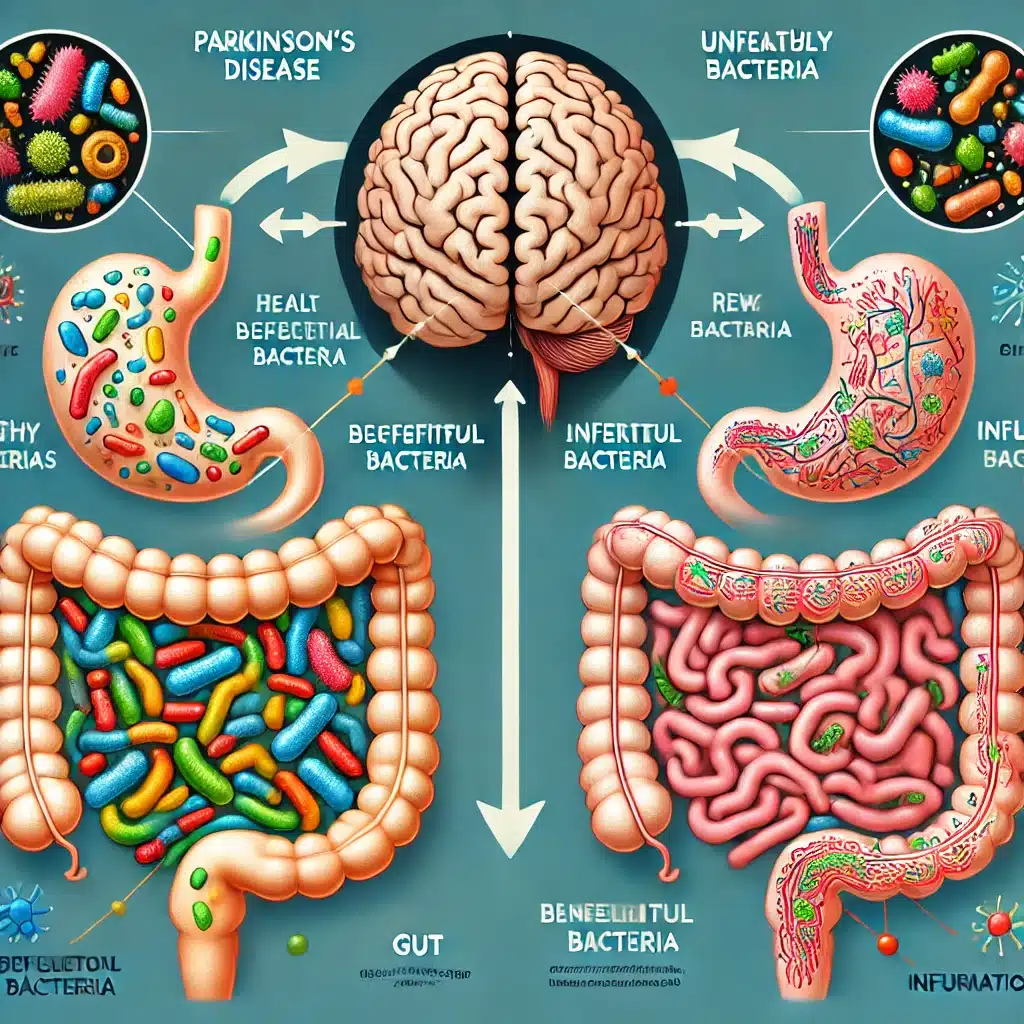Lecanemab for Alzheimers Disease: Reduces Amyloid-Beta Plaques But High ARIA Adverse Events (2024 Review)
Lecanemab shows promise in treating Alzheimer’s disease by reducing clinical deterioration and amyloid-beta plaques, but it has significant adverse effects and requires further research for confirmation. Highlights: FDA Approval: The US FDA authorized lecanemab for Alzheimer’s disease treatment in January 2023. Efficacy: Lecanemab significantly reduces clinical deterioration and amyloid-beta plaques in the brain. Adverse Effects: …










